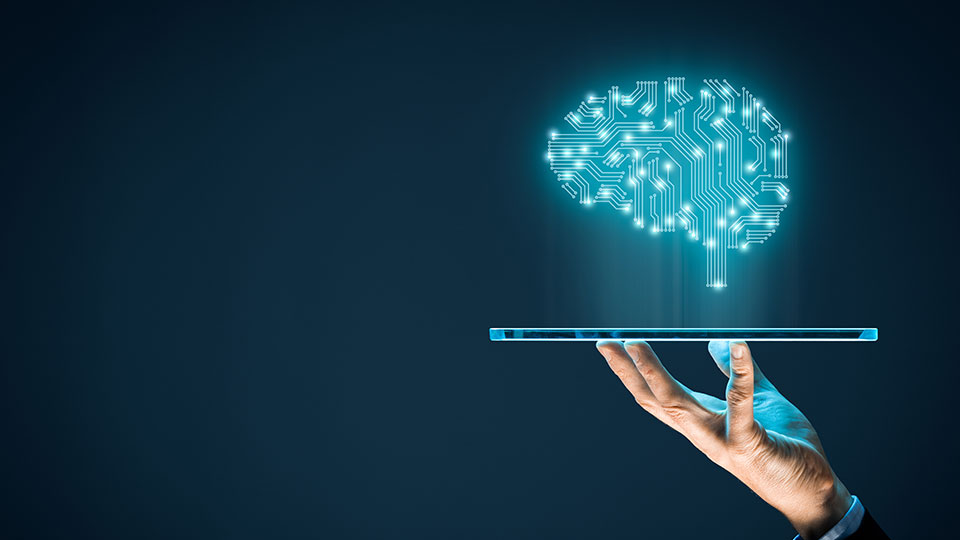
Artificial Intelligence, the new surveillance tool in the time of COVID

If you are walking on Hyderabad roads without wearing a face mask, the chances are that the hawk eyes of the Telangana police will track you and a patrol team will approach you in just a few minutes.
This is possible because of an Artificial Intelligence (AI) based surveillance system.
For the first time in India, the Telangana Police are rolling out this technology to check whether people are using face masks. The AI-based system, embedded through CCTV cameras, will enable the police to detect the violations.
However, the move has evoked protests from social activists who argue that the technology is intrusive and amounts to violating the right to privacy.
How is it different?
The AI software is linked to CCTV cameras installed across the city to identify face mask rule violators. The cameras will flag those not wearing the masks and an alert will be sent to the central command control centre at the state police headquarters.
This will be passed on to patrolling personnel to immediately check the violators.
The state government has made it mandatory for all to use face masks when they step out of their homes. The violators will be fined Rs 1,000.
“This involves leveraging computer vision and deep learning techniques to make surveillance CCTVs much more effective and accurate. It will be used across the three commissionerates of Hyderabad, Cyberabad, and Rachakonda,” the State Director General of Police M Mahender Reddy said.
Related news: How Hyderabad start-ups are guiding the fight against coronavirus
Claiming that such a technology was not being used anywhere in the country, he said that it would help the police identify the erring persons through the video analytics of various CCTVs.
“Though the government has issued a GO to penalise the person who is not wearing a mask, for the initial few days we want to create awareness before we start penalising such a person, as the system is on trial run,” the DGP said.
“Already, our personnel are on the field, questioning those not wearing masks. People should maintain discipline to contain the spread of coronavirus. Wearing a mask is an important step to contain it,” he said.
Privacy concerns
However, the new surveillance technology has raised the hackles of the privacy activists. “Such kind of mass surveillance violates the citizens’ privacy which is a fundamental right. Under what laws such surveillance is being undertaken?” wondered SQ Masood, a city-based social activist.
He wanted the state police to clarify on which servers the data would be stored and what are the security protocols for its safety.
“The city police is notorious for arbitrary application of laws and harassing people for no reason. This has become the new normal,” a security researcher K Srinivas said.
However, refuting the charge, a senior police official said, “The machine does not recognise any person. It is not a facial recognition software. There are already surveillance cameras installed across the city, the machine uses the same live video feed. The software is meant to spot whether or not an individual is wearing a mask. It is not designed to identify the person.”
Tools of mass surveillance?
Several technology applications have raised similar concerns over privacy and individual rights. Arogya Setu, India’s latest weapon to combat the Covid-19 pandemic, has also evoked fears of mass surveillance in a country that is yet to put in place a robust data protection policy.
The contact-tracing app may have earned the numero uno status in the mobile application market but seeks to collect more personal data than what is probably necessary, the experts contended.
There are less intrusive alternative ways to generate and monitor public health data. Conceived by the government think-tank NITI Aayog, the Aarogya Setu has been developed National Informatics Centre (NIC) in collaboration with private developers and volunteers.
It should have been open-sourced to enable public scrutiny of its privacy aspects, the cyber activists said.
Though the government has asserted that the personal data collected by the app was encrypted using state-of-the-art-technology and stays secure in the user’s mobile phone, the privacy activists have highlighted loopholes in terms of data collection, storage and transparency. The app seeks data that goes well beyond contact tracing—collecting details from smoking habit to occupation and GPS data. Unlike Singapore’s TraceTogether app, Arogya Setu collects location data, though it has no role in contact-tracing.
Drones are watching
The Telangana police is also using the drone technology to identify people who are violating the lockdown restrictions and moving freely, posing threat of infection to others.
In several districts, the police have been using drones which make rounds over the towns, capturing pictures of those who flood the streets despite the lockdown.
Related news: How Hyderabad techies are connecting needy with do-gooders
The drone technology, developed by Hyderabad-based engineering and technology solutions company Cyient, is helping the police make lockdown-related announcements and organise their ground forces to monitor the situation in congested areas.
Equipped with surveillance cameras, thermal imaging payloads and sky speaker for public announcements, Cyient’s drone-based aerial inspection capability is augmenting the police’s ability to combat the spread of the pandemic, a senior police officer said.


